Social Work in the Global Environment
The 12th Annual Conference on Social Work in the Global Environment
Promoting Women’s Human Rights in Local and Global Communities
Date: Friday, November 3, 2023
Time: 9:00am-3:00pm
Format: Virtual
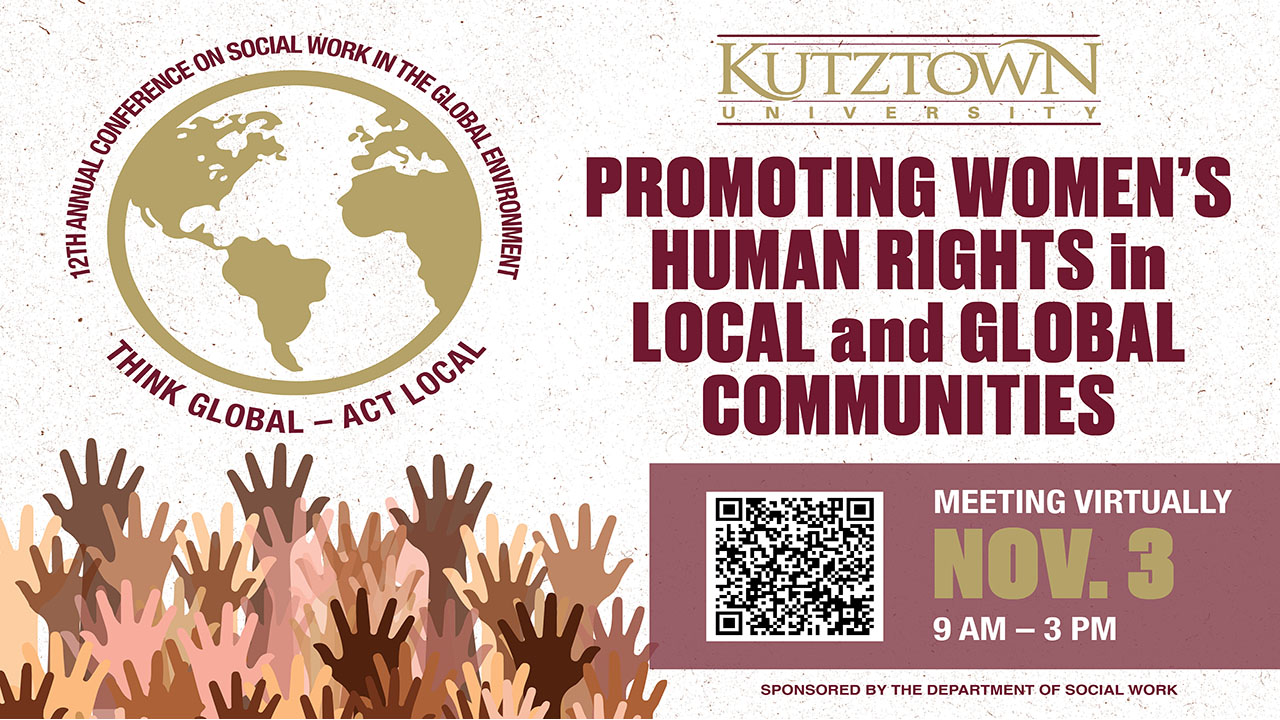
The aim/intent of the Social Work in the Global Environment Conference is to contribute to the local-global perspectives in social work, utilizing the strategy: thinking globally and acting locally. The theme of the 2023 Social Work in the Global Environment conference is Promoting Women’s Human Rights in Local and Global Communities.
Presenters and discussants will provide historical overview of women’s movement and activism. There will be a discussion on men’s accountability for gender equality, focusing on women’s autonomy, equality, and reproductive rights. Topics related to gender-based violence in the workplace, invisible labor, economic insecurity, and intimate partner violence will also be presented.
Specific actions, advocacy efforts, and challenges encountered by social workers and helping professionals will be discussed.
Registration will close on November 2, 2023 at 12:00pm.
Conference Overview
PRESENTATION and panel INFORMATION
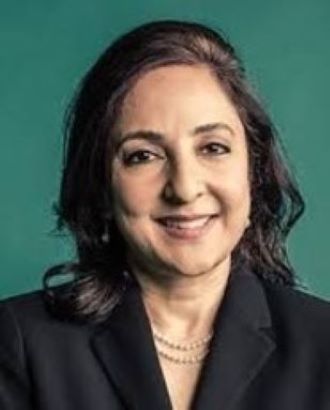
Women's Rights are Human Rights: Process, Challenges, and Opportunities
Melissa Upreti, Human Rights Lawyer and Women's Rights Expert
-
Presentation Description
Women’s rights are recognized as human rights under international law. The Universal Declaration of Human Rights, adopted 75 years ago, is regarded as the foundational document for a series of international treaties which provide legal protection for a range of civil, political, economic, social, and cultural rights and help define the role of government in ensuring the practical realization of these rights. Most notably, the Convention on the Elimination of All Forms of Discrimination against Women (CEDAW) was adopted in 1979, and it is today the most widely ratified international treaty in the world.
The affirmation of women’s rights as human rights at the 1993 UN World Conference on Human Rights held in Vienna, Austria, was a watershed moment for the global feminist movement which spent nearly two decades mobilizing and advocating to secure this recognition, with the specific aim of bringing women under the protection of international law. Although there has been considerable progress in translating the protections under CEDAW and the political commitments in the Vienna Declaration and Programme of Action (VDPA) into reality, including by strengthening the human rights machinery, the process of bringing a gender-perspective to bear on the conceptualization and implementation of human rights standards and its practice continues and it is taking place within a global context of rising fundamentalisms and populisms that involve unprecedented rollbacks of women’s and girls’ human rights.
Anti-gender equality actors have been threatening women’s hard won normative gains and undermining global progress towards gender-equality for years. It is estimated that women will have to wait another 300 years to achieve gender equality. A common thread that binds these actors is their misuse of religious ideology and cultural justifications to systematically curtail women’s and human rights. Their approach essentially instrumentalizes women’s bodies through the hyper-politicization of issues which are centrally important to them, such as their sexual and reproductive rights. Their strategies involve weakening progressive voices for human rights through misinformation and fear-mongering and watering down agreed upon language in international treaties and political agreements. The frequency of reprisals against women human rights defenders has increased as some governments employ the means at their disposal to silence those who attempt to expose violations of women’s human rights and demand and accountability.
As the international community marks the 75th anniversary of the UDHR and the 30th anniversary of the VDPA, it is necessary to reassert the universality of human rights and push back against regressions with a forward-looking human rights agenda for gender equality that is intersectional and inter-generational. This presentation will provide an overview of key international legal instruments that establish women’s rights as human rights and the highlight the role of global feminist movements and activists in securing the recognition and development of these rights, notwithstanding the backlash. It will note the importance of men’s accountability for gender equality and draw attention to some of the most important and promising normative developments pertaining to women’s rights in recent years.
-
Presenter Biography
Melissa Upreti is an internationally recognized human rights lawyer who has spent over two decades advancing gender equality and promoting accountability for human rights by using national, regional, and international law and mechanisms, and engaging with governments and civil society. She has led mega-research projects and fact-finding missions, undertaken strategic litigation, built the capacity of civil society organizations and provided technical support to governments for legal and policy reform around the world. Upreti has served on the UN Working Group on discrimination against women and girls, a Special Procedure of the Human Rights Council in 2017. She served as Chair of the Working Group from 2021-2022 and will complete her term as an Expert Member on October 31, 2023. Upreti has held various leadership positions including as Senior Director of Program and Advocacy at the Center for Women’s Global Leadership, Rutgers University (2017-2022,) where she conceptualized and led multi-year initiatives of the original Global 16 Days Campaign to End Gender-Based Violence, with a strong focus on ending violence and harassment in the world of work and on addressing femicide, in addition to providing critical guidance and support towards creation of the Journalism Initiative on Gender-Based Violence (JiG). From 2000-2016, she led and helped establish the Asia program at the Center for Reproductive Rights where, among other notable achievements, she spearheaded the creation of the South Asia Reproductive Justice and Accountability Initiative (SARJAI), which involved developing groundbreaking strategic litigation that produced legal precedents and spurred law reform and accountability for reproductive rights in South Asia. As of right now, Upreti is also the Director for the Asia Pacific Program at the International Commission of Jurists as well. Upreti has been notably affiliated with the University of Toronto Law Faculty's International Reproductive and Sexual Health Law Program, as a Fellow since 2017, and as Strategic Advisor to the Women’s Human Rights Education Institute (WHRI), since 2020. Upreti holds law degrees from India and the United States, and her professional experience and activism span the globe. She frequently lectures on women’s rights and is widely published. She has been interviewed on local and global news channels for her work on women’s rights, including by CNN, the BBC, and Al Jazeera, and she has been featured and quoted in a variety of print media sources ranging from Marie Claire (UK) to The Guardian.
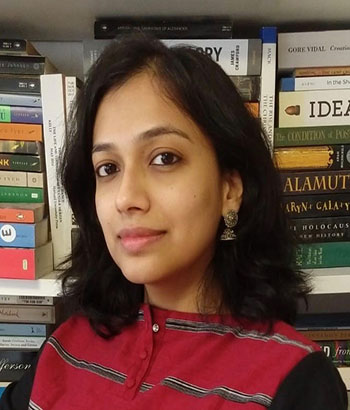
Addressing Gender-Based Violence (GBV) in the World of Work: An Introduction to ILO Convention 190
Ardra Manasi, Global Program Manager, Center for Innovation in Worker Organization (CIWO), Rutgers University
-
Presentation Description
The presentation will introduce ILO Convention 190 to the audience. Adopted in June 2019, ILO Convention 190 (C190) is the first international treaty to address violence and harassment in the world of work. This talk will explore how C190 can be used as a human rights instrument to address gender-based violence (GBV) in the world of work. It will also shed light on how C190 can be used to hold governments and employers accountable.
Based on Ardra Manasi’s prior work leading the Global 16 Days Campaign and her ongoing work on building coalitions on C190 with different stakeholders such as trade unions, civil society organizations, academia, the UN, governments, and other actors, she will also share insights on examples of global and local activism around C190. -
Presenter Biography
Ardra Manasi is a development practitioner based in New York City, with expertise in gender, labor rights, migration, and technology for development. Currently, she is the Global Program Manager at the Center for Innovation in Worker Organization (CIWO), Rutgers University where she supports and leads the Transformative Global Leadership Program. From 2019-2022, she worked in different capacities as the Senior Program Coordinator and Campaign Manager for the Global 16 Days Campaign at the Center for Women’s Global Leadership (CWGL), Rutgers University where her work spanned across digital communications, building coalitions among organizations working with informal women workers and advocacy around ILO Convention 190, the first international treaty to address violence and harassment in the world of work.
Ardra is also currently affiliated with the International Institute of Migration and Development (IIMAD) in India as a Research Fellow. In 2017, she served as a Policy Consultant with the United Nations Department of Economic and Social Affairs (UN DESA), where she helped organize online consultations with UN Member States on an indicator to measure well-managed migration policies. She has also helped develop digital and social media strategies for Plan International’s UN Liaison Office and UN Women, through partnerships with the New School University in New York.
Ardra holds a Master of Arts (MA) in International Affairs from the New School, New York City, and a Master of Arts (MA) in Development Studies from the Indian Institute of Technology (IIT) Madras, India. Her writings on global development have appeared in The World Bank Blogs, Global Observatory, Scroll.in, Agenda for International Development (A-id), The News Minute, Huffington Post, and elsewhere. Her co-authored papers and chapters have appeared in peer-reviewed books and journals such as ‘Human Technology,’ ‘Gender, Technology and Development,’ ‘Routledge International Handbook of Sex Industry Research’ and ‘Sustainable Development Goals and Migration’ (Routledge India).
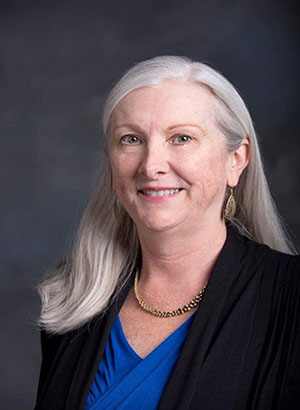
Pursuing Global Female Human Rights and Reproductive Justice: A Critical Thinking Approach
Dr. Catherine A. Hawkins, Professor (retired), Texas State University
-
Presentation Description
The need for a clear connection between human rights and women's rights is widely accepted within international social work and global advocacy groups, as is the need for real progress in achieving the daunting goals for both. Female gender inequality is perhaps the most pressing and contemporary human rights issue given the abundant evidence of injustices experienced by women and girls throughout the world. This presentation will explore a critical thinking approach to pursuing gender equality and justice, particularly around sexual and reproductive health. Participants will engage in a self-reflective process to enhance personal and professional competency for achieving progress toward this challenging goal.
-
Presenter Biography
Catherine A. Hawkins, PhD, MSSW, LCSW, has been a social worker for forty years, retiring in 2023. She was a faculty member in the School of Social Work at Texas State University for thirty-two years, achieving the rank of Professor. At the university, she also served as an Honorary Professor in the Center for International Studies and an Instructor in the Honors College. Prior to entering academia, she practiced as a psychotherapist in residential care, in-patient hospital, and out-patient clinic settings. Throughout her career, she specialized in mental health and addition, comparative religion and spirituality, and global human rights. On these topics, she has a substantial record of developing and teaching courses, publishing scholarly articles, presenting at professional conferences, organizing campus events, and leading multiple study abroad programs to Mexico, Cambodia/Thailand, and South Africa. She has served as a visiting professor to universities in India, Russia, Ethiopia, and Uganda; an invitation to teach at a Korean university was cancelled due to Covid. She has travelled extensively around the world to pursue professional development and personal enrichment.
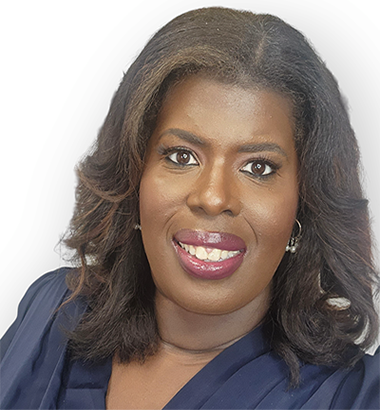
Panel Discussion: Local Activism for Gender Equality and Reproductive Rights
Christian F. Nunes, President, National Organization for Women
-
Panel Description
The panel discussant will discuss actions taken to achieve Gender Equality and Reproductive Rights at the local level. In short, the panelist will address the following questions:
- Describe the population your agency serves and highlight the challenges clients/consumers face.
- How has your agency been impacted by the current crises in Africa and Europe and the Middle East?
- What are the barriers to service delivery? Share the challenges your agency encounters in service delivery.
-
Panelist Biography
Christian F. Nunes, MBA, MS, LCSW, became NOW president in August 2020. She was previously appointed Vice President by the board in May 2019. As the second African American president in the organization’s history, Nunes is leading the organization through an intersectional lens, bringing a diverse coalition of grassroots activists to work against structural sexism and racism. She is a former NOW board member and committee chair, as well as a licensed clinical social worker, consultant and a woman-minority business owner.
Christian is an active community organizer and public speaker, regularly being featured at events such as the March for Black Women, Women’s March events, and rallies around the country. Christian launched key initiatives at NOW such as the Unlock the Future campaign, which demands humane treatment for detained immigrant families, NOW’s Racial Justice Summit and the Feminist Agenda Campaign in partnership with Black Women's Blueprint.
Christian is the founder of a behavioral health and consulting practice. As an advocate for social justice and mental health policy, she took up the role as Chair of the Mayor’s Commission on Disability Issues. She is often featured in media outlets including MSNBC, Business Insider, PRISM, Politico, the Huffington Post, Ebony, Black Enterprise magazine, Yahoo News, and many more national and local outlets. She received her Bachelor's Degree in Social Work (BSW) from Northern Arizona University, her Master of Science degree from Columbia University, and Master of Business Administration (MBA) from the University of Phoenix.
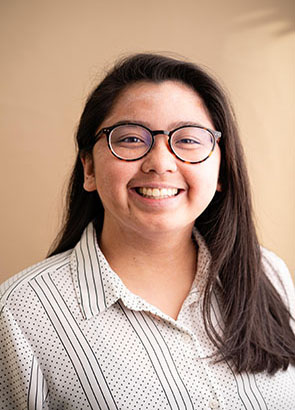
Panel Discussion: Local Activism for Gender Equality and Reproductive Rights
Julia Huyền Cao, Field organizer with Planned Parenthood Keystone, co-vice president of the Lancaster Asian American Pacific Islander, LLC, and A member of the Lancaster Equity Council.
-
Panel Description
The panel discussant will discuss actions taken to achieve Gender Equality and Reproductive Rights at the local level. In short, the panelist will address the following questions:
- Describe the population your agency serves and highlight the challenges clients/consumers face.
- How has your agency been impacted by the current crises in Africa and Europe and the Middle East?
- What are the barriers to service delivery? Share the challenges your agency encounters in service delivery.
-
Panelist Biography
Professionally, Julia is a field organizer with Planned Parenthood Keystone, but has worked in organizing for over a decade. She is co-vice president of the Lancaster Asian American Pacific Islander, LLC geared toward building bridges, sharing community, and understanding. A member of the Lancaster Equity Council, Julia is focused on a grass roots approach with her work in non-profit, philanthropy, volunteering, and beyond. As a young professional in the field, she emphasizes a focus on other upcoming young adults and how to set them up for success and uplift our future generation.
PANEL DISCUSSIONS
What Initiatives, Policies, and Best Practices Have Proven Effective in Achieving Gener Equality?
- Melissa Upreti, Human Rights Lawyer and Women's Rights Expert
- Ardra Manasi, Global Program Manager
Local Activisim for Gender Equality and Reproductive Rights
- Dr. Catherine Hawkins, PhD, MSSW, LCSW, Professor (retired)
- Christian F. Nunes, MBA, MS, LCSW
- Julia Huyền Cao







